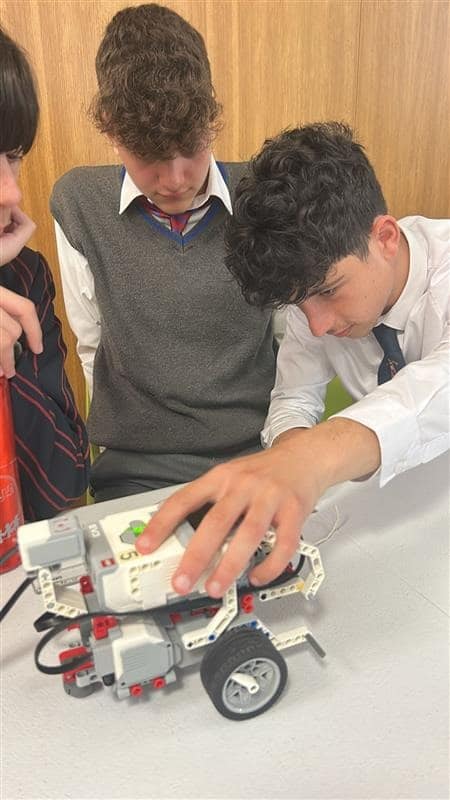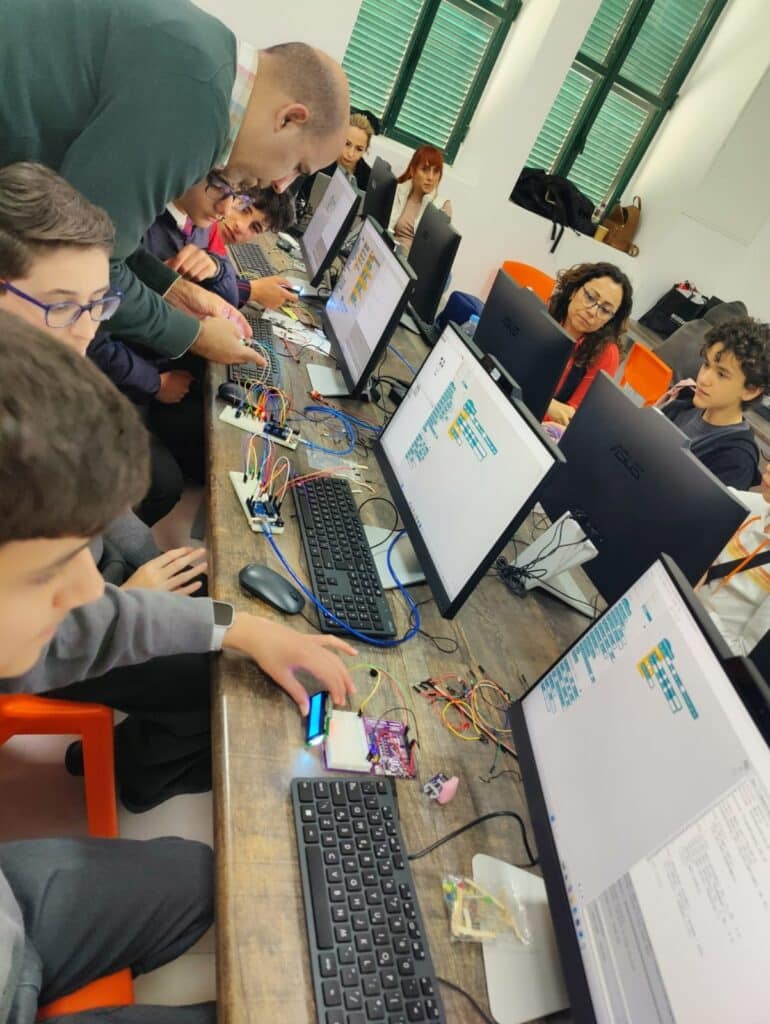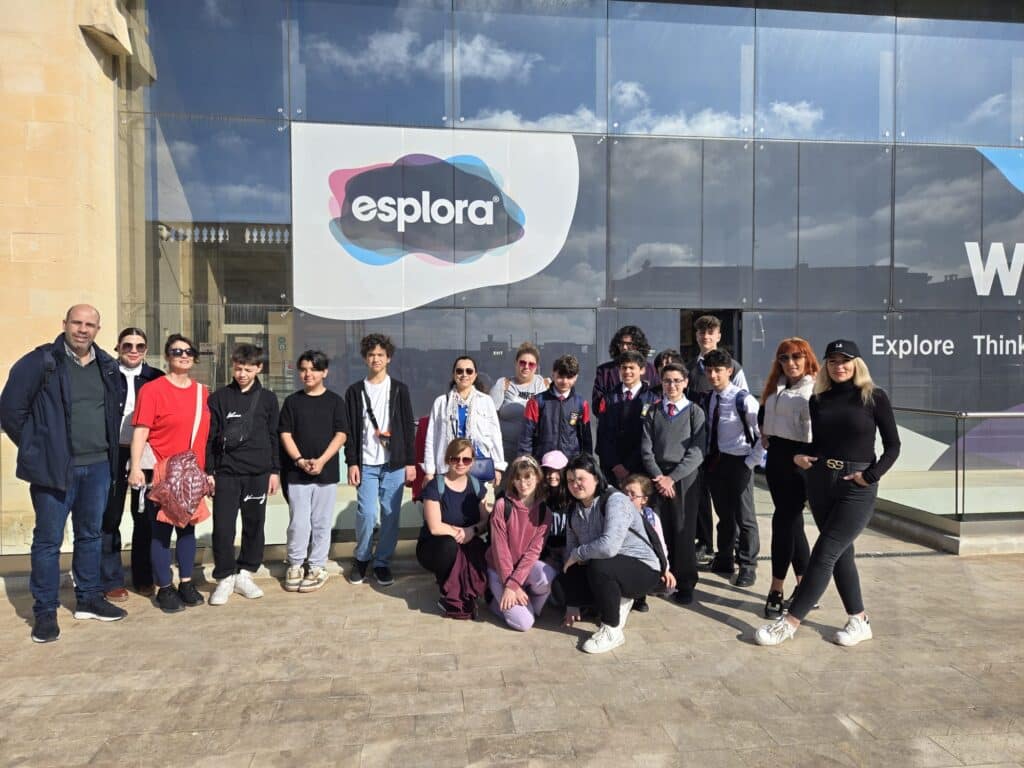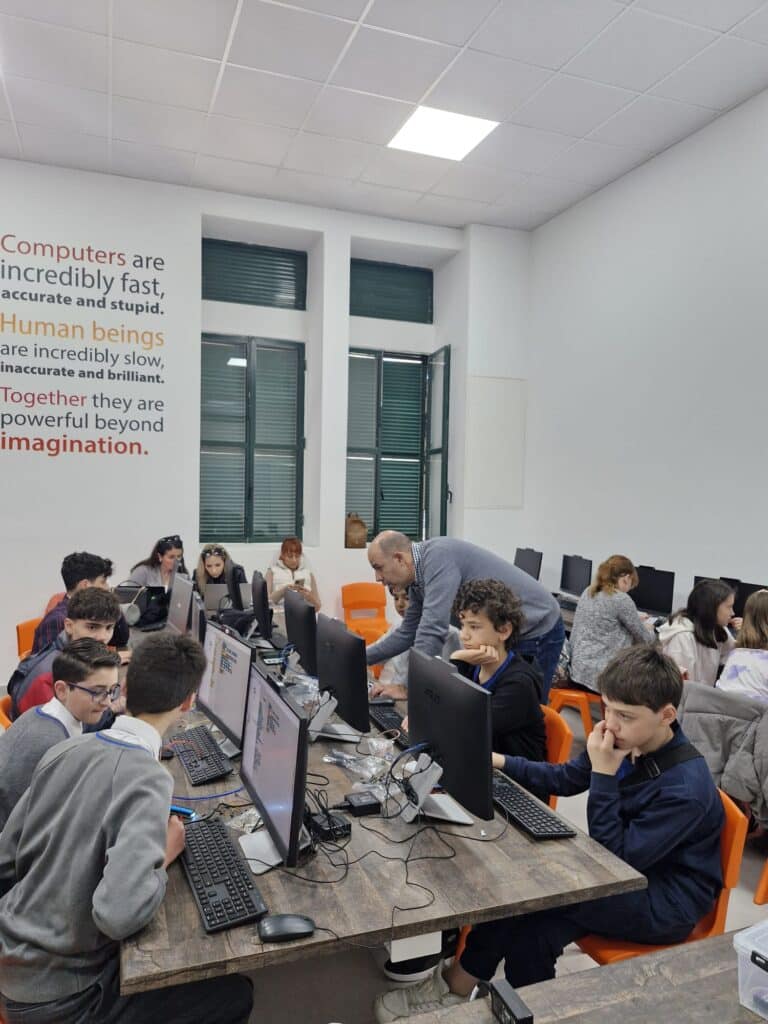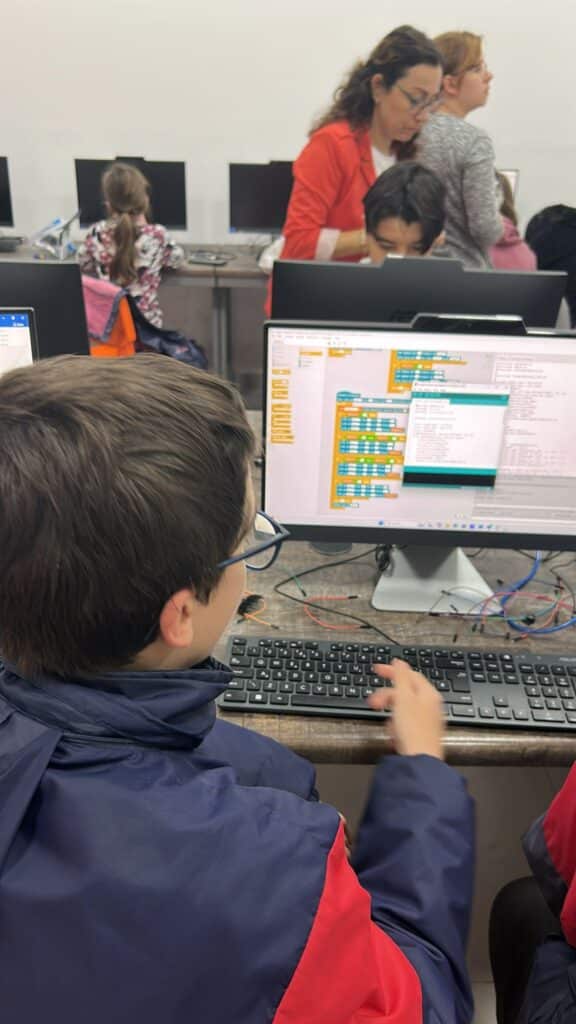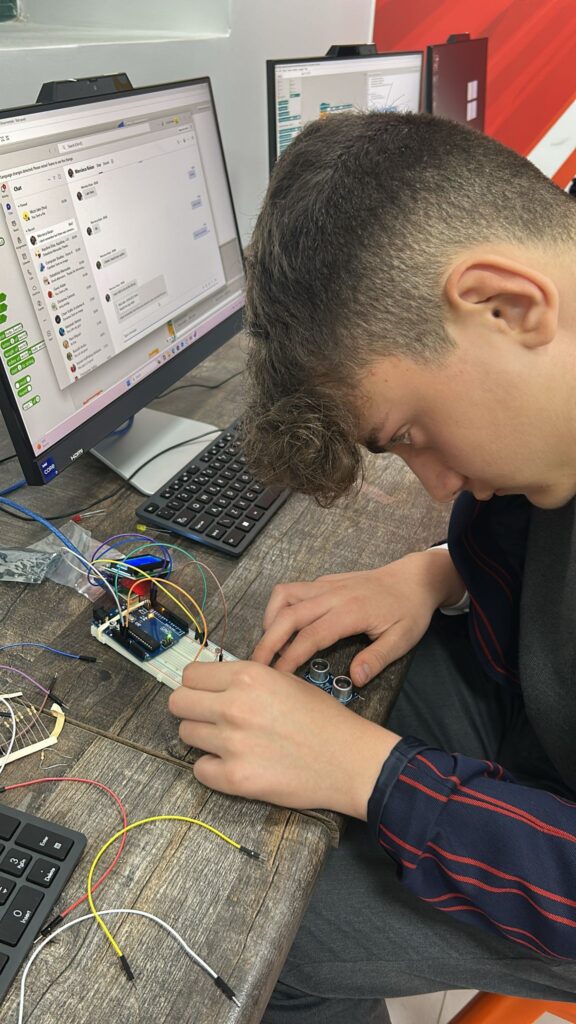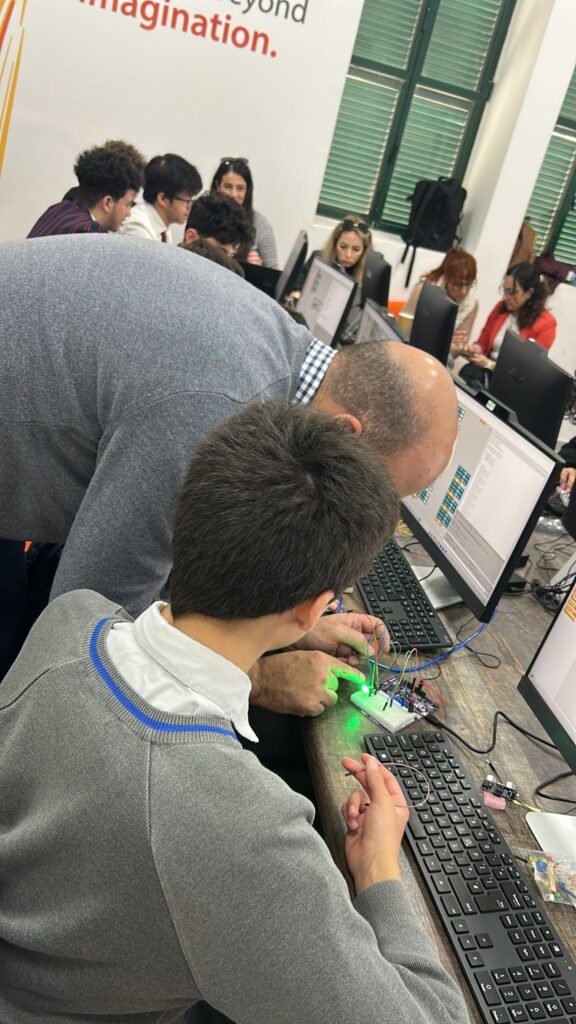De la Salle Senior School has been participating in ERASMUS + funded projects since 2019. These courses provided educators with new knowledge and skills about essential areas such as behavioural challenges at school, digital skills, and mental wellbeing.
The school encourages STEM education through the curriculum as well as during break through a number of clubs offered to students where they can develop their digital skills further.
To support further this objective, the school has now embarked on KA210 partnership project, ‘Transition from STEM to Robotics’, and we are partners with two more schools, a Polish and a Turkish school respectively together with a Portuguese Robotics company. This project has started earlier this month and will last for 13 months. Next month, students will receive STEM, Micro:Bit and VEX Robotics training in Poland, in October they will receive more training in Portugal and in April 2025 training will pursue in Malta.
Between the 31st March and 4th April, De La Salle, Senior School hosted the workshops for the project -KA210 – SCH- DC499A2E 'Transition from STEM to Robotics'.
During this week, participants from Malta, Poland and Turkey had an insightful sessions carried out by our mentor Mr. Andre Dias.
These sessions included hands on activities on the Arduino kit, where participants were introduced to the Maker Uno and breadboard. With the help of mBlock software, they successfully lit their first bulb, then progressed to making it blink. Some even experimented with multiple bulbs to simulate a traffic light system. The session was both enjoyable and educational, providing hands-on experience with Arduino and coding fundamentals.
As the week proceeded, participants further developed their Arduino skills and explored Sonar Technology and its practical applications. Their main challenge was to build a parking system using an ultrasonic sensor, which they tackled with great enthusiasm. Additionally, they programmed personalized messages on an LCD screen, reinforcing their coding skills through hands-on practice.
Participants were also introduced to the concept of analog input and the Light Dependent Resistor (LDR) sensor. They were then challenged to read and analyze the analog values from the LDR sensor, deepening their understanding through practical application.
On the final day, participants visited the ESPLORA Interactive Science Centre, where they engaged in a LEGO Mindstorms session, bringing the week to an exciting and educational close.
